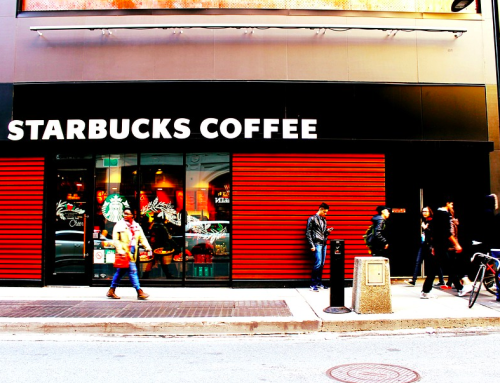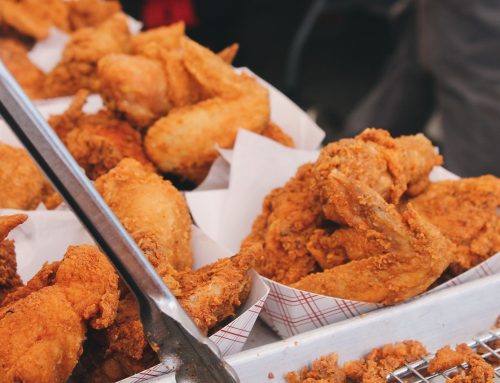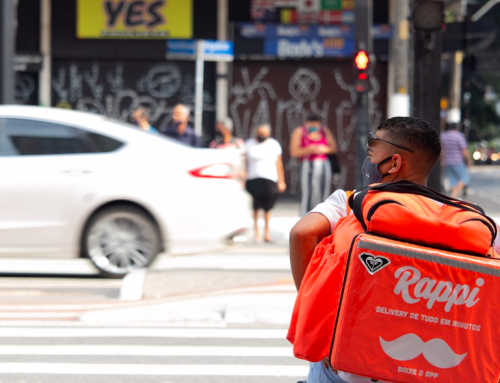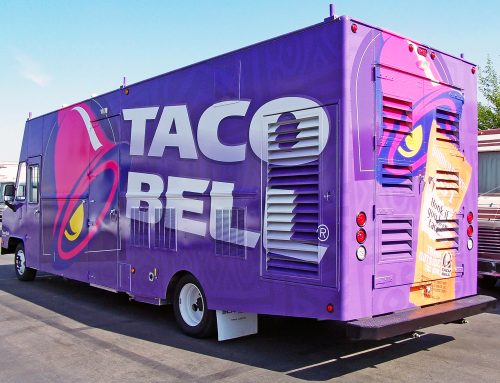Burger King is an American multi-national hamburger fast food restaurant chain founded in 1953 and headquartered in Miami, Florida. Burger King’s menu comprises burgers (including their signature product The Whopper), French fries, milkshakes, and more.
Burger King has almost 19,000 outlets in 100 countries around the world, half of which are in the US, and almost 99.7% privately owned and operated. Since 2013, the company wholly used the franchising business model to increase its reach and expand operations.
The following SWOT analysis of Burger King is a resource for those who want to understand the business better. In this analysis, I share my candid thoughts on the overlooked weakness management should do something about fast.
SWOT Analysis
Are you interested in opening a Burger King franchise? If so, you’ll want to get clarity on this burger chains strengths, weaknesses, opportunities, and threats (SWOT) so you can make an informed business and investment decision.
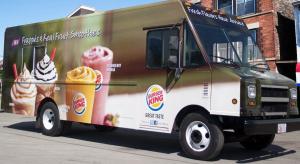
The Burger King food truck.
Strengths
- Burger King prides itself on its excellent franchising model. This gives them massive opportunities to expand with the help of ambitious entrepreneurs and investors. In fact, by the end of 2013, the company became the second-largest hamburger fast-food chain next to McDonald’s. This raises the company up to 4th among US food terms in terms of US sales.
- Burger King has a strong global presence with 18,838 outlets in more than 100 countries. It holds the position of being the 6th largest food chain in the world. Worldwide, the chains serve more than 10 million customers daily and provide employment for thousands of people.
Burger King stagnated in the mid-80s. Their male-dominated menu cast a negative pall on the company’s earnings and reputation from 2002 to 2011. All that changed when young and dynamic Daniel Schwartz was appointed CEO. He used effective and creative strategies to rejuvenate the company.
Such strategies include disengaging from its previous youth-targeted-but-unhealthy menu, introducing new food items, changing product reformulations, and designing new packaging. This restructuring was done so Burger King could stay in touch with current food trends. The return of “The King” was well underway.
- While Burger King’s food items are standardized to ensure consistency, individual Burger King outlets usually introduce variations of Burger King products to cater to regional tastes or specialty diets.
Related Reading: DoorDash SWOT Analysis: Can This Delivery App Compete Much Longer?
- Learning from past lessons, Burger King has started to introduce fresh and innovative many offerings. For example, last 2019, they introduced the plant-based Impossible Whopper line of burgers. The introduction of this item in the menu opened up a new market and attracted vegetarians, vegans, and health buffs. As a result of these actions, Burger King exceeded their 2nd quarter profit projections in 2019.
- For more than 3 years, the American Customer Satisfaction Index has rewarded Burger King with a score of 76 out of 100 for customer evaluation based on food and service quality. This is a high score for a fast food restaurant. For a comparison, McDonald’s only scored 70 on the same survey.
- The menu selection is wide, offering local and international food items. Many also consider their food to be healthier than other fast-food chain competitors.
Weaknesses
- Burger King is labeled as a global brand, but this is far from reality. That’s because most of their total number of outlets—about 44%—are in the US. The rest are scattered elsewhere around the world. These US-based outlets collectively generate a massive revenue of $9.2 billion of Burger King’s revenue. Thus, challenges, changes, and unforeseen events in the US market could impact the company’s revenue stream more than a global restaurant like McDonald’s.
- Burger King has gone through long periods of stagnancy. Throughout its operating history, the company has changed leadership over 20 times. The chain will need to continue hiring visionaries that can adapt to changing consumer taste preferences.
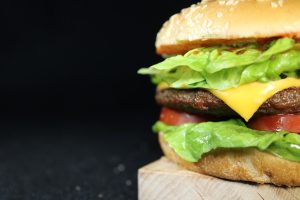
Burger King takes pride in their flame grilled burgers.
- Burger King has been the subject of many controversies that lead to negative publicity. For example, they’ve been known to release misleading ads about the ingredients of their products. This affected their trustworthiness and credibility in a health-centric society. One recent example is a lawsuit where Burger King is being accused of making the Whopper look bigger in advertisements than it is in real life.
- Burger King offers low value on its menu, from the cheapest to the most expensive food items. This perceived low value causes the brand to lose value growth and market share to the competition. In fact, despite different initiatives, Burger King cannot seem to maintain a loyal customer base.
Opportunities
- Burger King can capitalize on the fact that many people are now switching to healthier and more environmentally friendly alternatives. This can be done by increasing the number of their plant-based menu items. Take for example the Impossible Whooper: by introducing this into the menu, Burger King was able to increase its sales by 30%. The company should research other meat alternatives reducing the brand’s over-dependence on meat.
- Burger King’s strongest presence and biggest market are in the US. The brand can capitalize on this by focusing on adding more outlets all across the US. In fact, Burger King seems to be going in this direction as the brand strives to reach 40,000 restaurants.
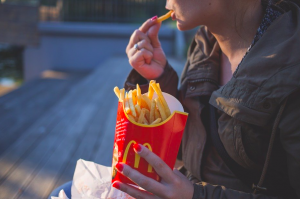
Burger King has plenty of competition from brands like McDonald’s.
- Customers are now using technology for business transactions. Burger King can take advantage of the advancement of technology to improve their service. Examples of potential applications include order-and-collection points, app-based ordering, self-service kiosks, and home deliveries. Such technology also allows them to truly engage with their market, satisfying today’s consumer purchasing patterns that rely on available technology.
Related Reading: Taco Bell SWOT Analysis: The Overlooked Opportunities / Risks
- Burger King is already an established brand. They can use that name to expand their portfolio and diversify into other industries. For example, rather than focus on just the fast-food chain industry, the company can open or franchise a string of grocery stores that sell their brand’s snacks, drinks, preserved foods, meat alternatives, meats, and more.
- Burger King’s non-US stores are scattered all over the world. It would probably be more sensible and profitable for the company if they concentrate on emerging economies such as the Middle East, Latin America, and South Asia. These unsaturated market hold the key to company growth over the next two decades.
Threats
- Society has become more health-conscious. Fast food restaurants like Burger King aren’t thought of as healthy places to fine. This means they could lose customers as more and more people flock adjust their diets. That is of course unless Burger King makes a major menu pivot.
- The world appears to be on the brink of a global economic recession according to many financial experts. The global recession fears could force a certain segment of the Burger King customer to begin eating at home. Of course, fast-food can generally perform well even in recessionary times as people look for value.
- All players in the fast-food industry face stiff, unforgiving competition. In addition to Dominos, McDonald’s, and other established brands, newer brands have sprouted up, offering healthy, innovative, and creative menus.

French fries anyone?
- Rapidly increasing urbanization has led to a shortage of fresh farm products, including beef. Because this chain continues to rely heavily on meat products, it’s likely that they have to contend with increasing prices as the cost of meat continues to increase with food inflation.
- In connection with the threat mentioned above, scientists have pointed to animal production as a detriment to the well-being of the environment. The environmental toll of raising cattle for human consumption is enormous and has become a social issue. The titanic demand for beef, pork, and chicken in fast food chains is a huge contributor to this problem. If the government enacts strict agricultural regulations to protect the environment, fast food brands, including Burger King, will be affected in one way or another.
- The brand’s supply chain may get disrupted, they may be forced to shell out higher prices for farm produce, or they might have to risk entering the alternative-meat industry that they’re not familiar with. Increased transportation and fuel costs are a real threat to Burger King and other fast-food restaurants.
- It seems like there are always new burger concepts coming out to challenge the king. For example there’s In-and-Out Burger, Wendy’s, Culver’s, McDonald’s, and ma-and-pa chains. No doubt there will be more burger concepts that continue coming out in an effort to disrupt the industry.
The Overlooked Weakness Moving Forward
While franchising may be the business model that bought success to the company, rapid and over-franchising reduces the sustainability of Burger King’s franchise model. This is a real risk I don’t think the management takes seriously.
The more franchisees Burger King approves, the more operationally cumbersome and difficult the corporate structure becomes. Some markets can quickly become saturated by Burger King restaurants too. Yes, the franchise model reduces operating costs; but it’s also expensive, sluggish, and bureaucratic.
Related Reading: Popeyes SWOT Analysis: Opportunities Management has Missed
There are literally thousands of hamburger joints, stands, shops, and chains all over the country—more across the world. Burger King has been able to stand out and thrive in this environment for decades. I hope you’ve gained some valuable insights about the business model of this burger chain that you didn’t know before.

